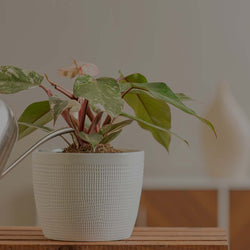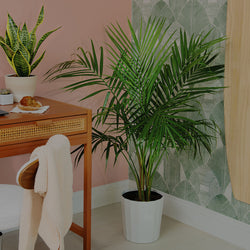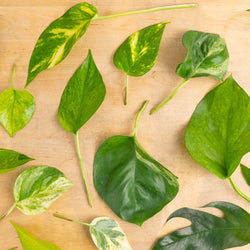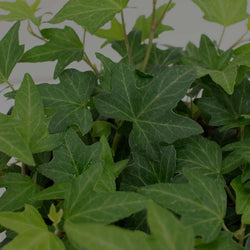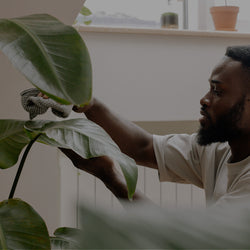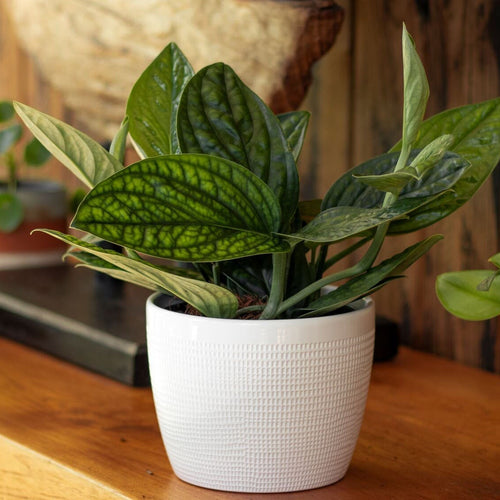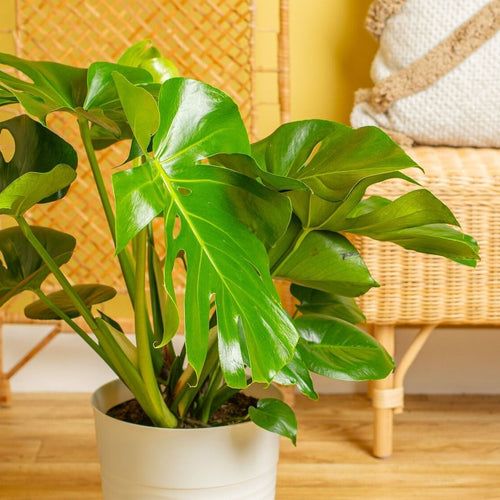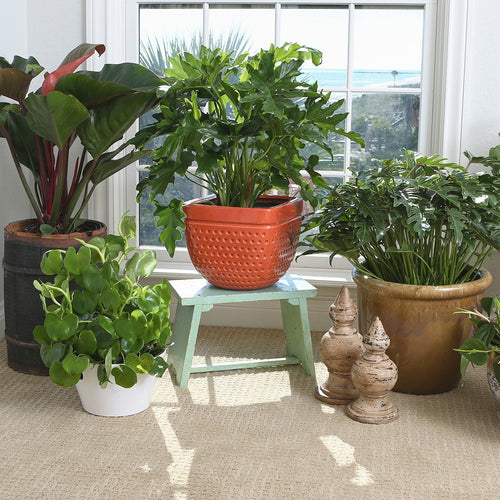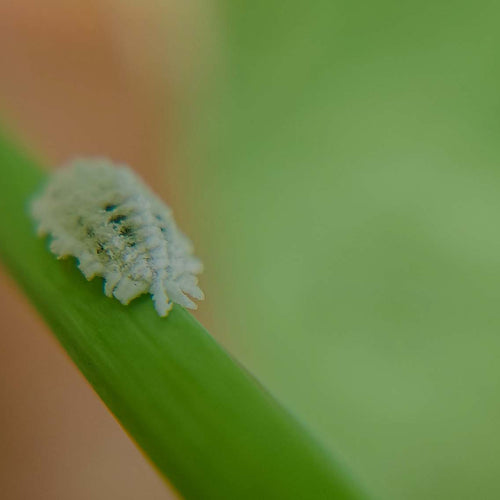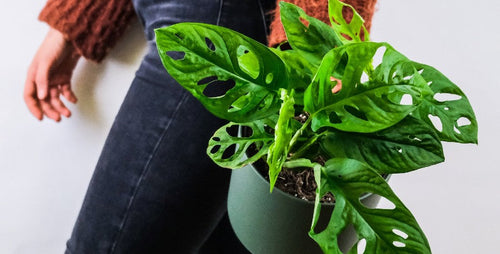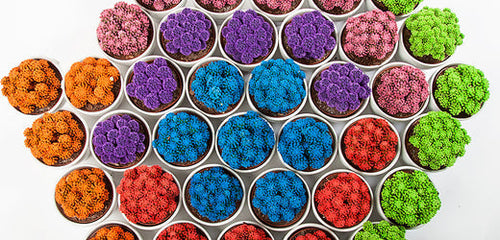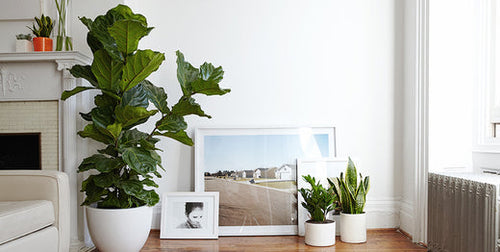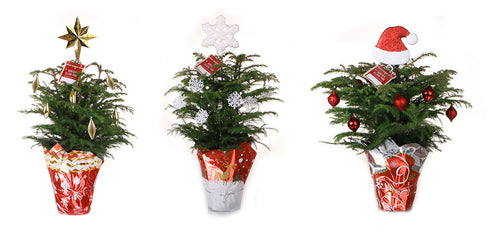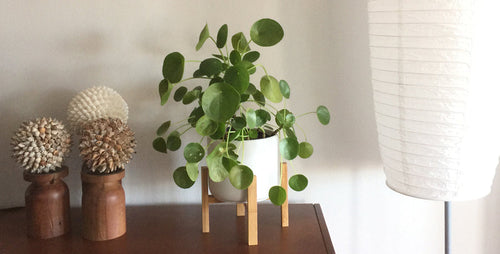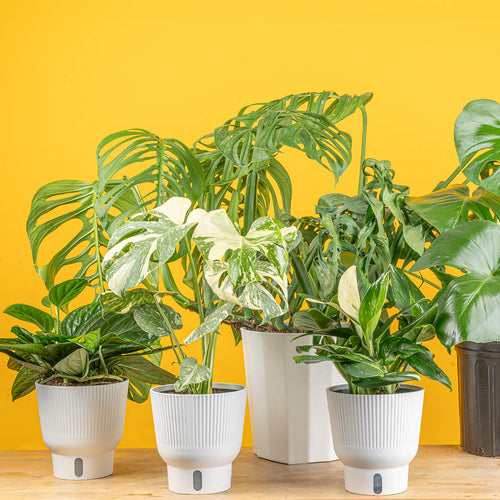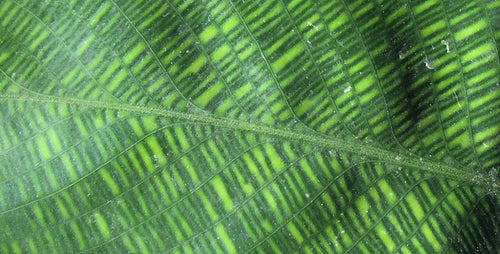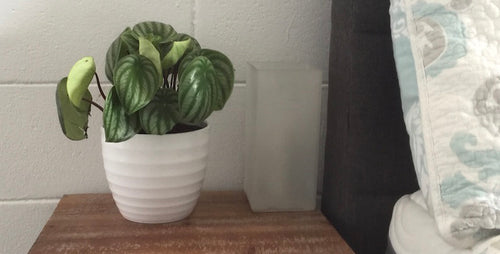How do I care for my Exotic Angel® Plant? It's a common question that I'm asked. While it's exciting each time someone gets a new plant, it's also an inquiry I dread a little because there's not one simple, easy answer.
Exotic Angel® Plants is a brand rather than a variety. We set this brand apart in stores by trying to grow a higher-quality plant (for example, we often use more cuttings per pot to create a fuller, lusher plant than our competitors) and by offering an amazing assortment (there are more than 300 different varieties of Exotic Angel Plants).
The fact that it's such a large assortment means it's tricky to give generic care instructions. Different plants like different environments. And while it's true that it's relatively easy to care for any plant when you have the right growing conditions, some Exotic Angel® varieties are less tolerant of less-than-perfect conditions than others.
So the first step in learning how to care for your Exotic Angel® Plant is to identify what variety it is. In most cases, you'll find its name on the plant tag -- and you can go to our website and look up that plant to get care tips.
If your plant didn't have a tag (sometimes tags get lost in the store, or picked up and accidentally placed in the wrong plant by other shoppers in the store), then your best bet is to take a picture and send it to us so we can take a look and identify it for you.
No matter what type of Exotic Angel Plants you're caring for, here are some general tips for success:
Keep your plants away from drafts. No plant loves hot or cold air (such as from heating or cooling vents) blasting on it.
Avoid overwatering. More houseplants die from too much water than too little. What happens when they get too much water is that the roots drown and die. It's easier to rehydrate a stressed plant than a plant with dead or dying roots.
Don't make a lot of changes. Plants don't move around in nature, so if your new plant seems like it's struggling, give it a chance to adapt to its new spot before transferring it to different locations around your home. It's pretty common for plants to get a little stressed when you first bring them home -- it's a big change to go from our farm to the store to your home in relatively short order!
Written by Justin Hancock
